
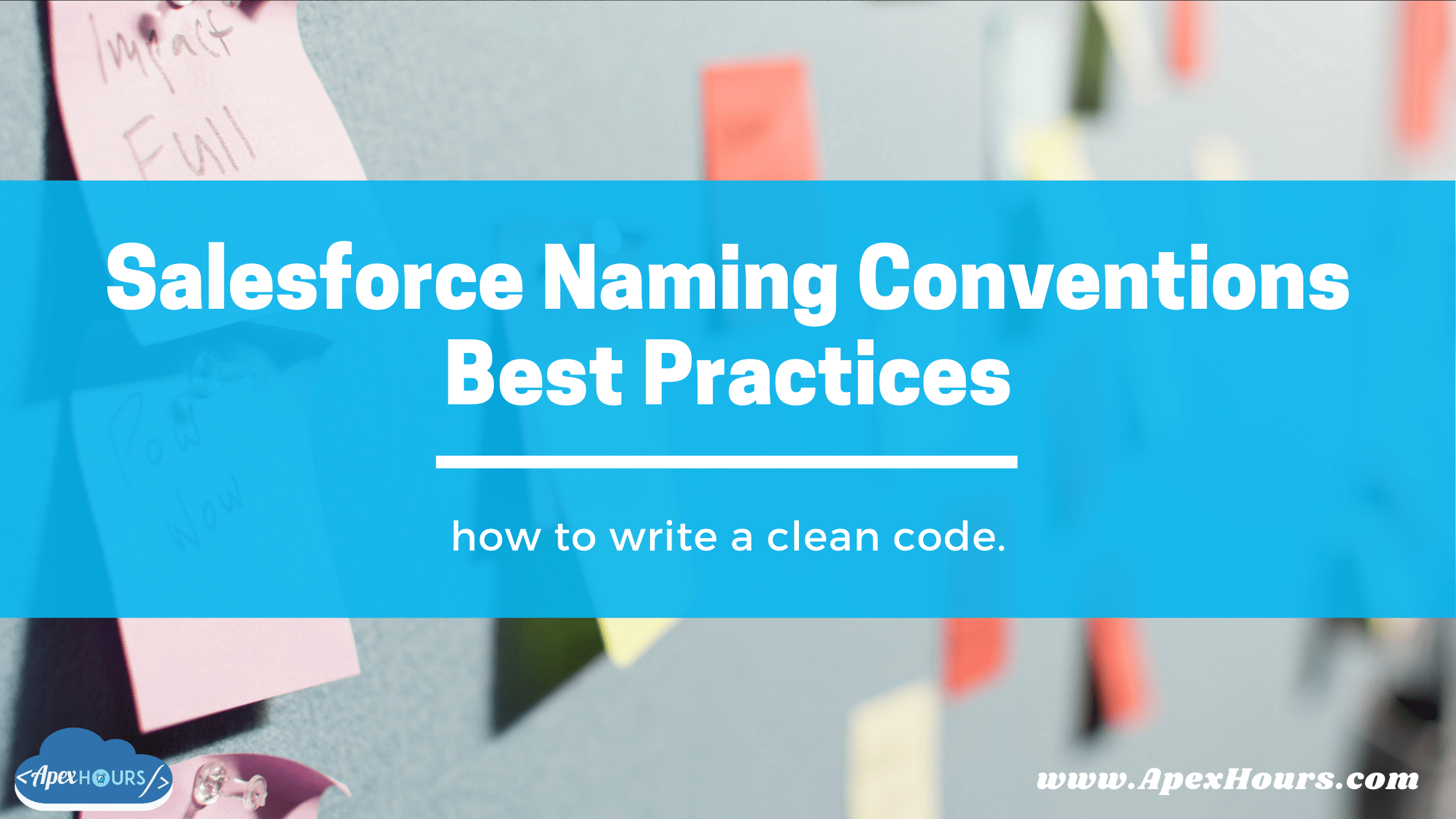
Salesforce Naming Conventions Best Practices
This post will discuss Salesforce naming conventions best practices and how to write a clean code. Naming conventions in Salesforce are rules to follow as you decide what to name your identifiers like class, variable, constant, method, etc. But, it is not forced to follow. So, it is known as a convention, not a rule. Naming conventions make the application easier to read and maintain.
Salesforce Naming Conventions
We spend more time reading our code than writing it. So, doesn’t it make sense that our code is clean, precise, and easy to read? A well-formatted code increases readability, understanding, and ultimately maintainability of the code base. Before staring with salesforce naming conventions, let’s talk about What is PascalCase, camelCase, SNAKE_CASE?
1. camelCase
camelCase: Each word in the middle of the respective phrase begins with a capital letter. for example apexHours
String firstName;2. PascalCase
PascalCase: It is the same as Camel Case, where the first letter is always capitalized. for example ApexHours.
Class UserController{ }3. kebab-case
kebab-case: The respective phrase will be transferred to all lowercase with hyphens (-) separating words, for example, apex-hours.
<c-hello-world-form></c-hello-world-form>4. SNAKE_CASE
SNAKE_CASE: Each word should be in capital with _ like. APEX_HOURS
private static final Integer MY_INT;Use Post Fix / Suffix:
Consistent file naming helps keep components easy to recognize and find. Here is some example of Postfix and Suffix we are using in our project from a long time.
| Functional Type | Name Suffix | Examples |
| Trigger | Trigger | UserTrigger |
| Trigger Handler | TriggerHandler | UserTriggerHandler |
| Trigge Action | TriggerAction | UserTriggerAction |
| VF Controller | Controller | UserController |
| VF Controller Extension | Ext | UserExt |
| Service Class | Service | UserService |
| Model / Wrapper Class | Wrapper | UserWrapper |
| Web Service (SOAP) | Ws | UserToolsWs |
| Web Service (REST) | Rest | UserCreateRest |
| Email Service | EmlSvc | UserCreateEmlSvc |
| Asynchronous (Future) | Async | UserCreateAsync |
| Asynchronous (Batch) | Batch | UserCreateBatch |
| Scheduled Apex | Job | UserCleanupJob |
| Test Class | Test | UserCreateTest |
| Queueable Apex | Que | UserSyncingQue |
| Visualforce Page | -none- | UserClone |
| Visualforce Component | Cmp | UserCloneCmp |
APEX Naming Conventions:
- Class Name: Class names should be unique, beginning with an uppercase letter. It should NOT contain underscores or spaces (except for the prefix and suffix). Class names should be nouns in mixed cases, with the first letter of each interval word capitalized. For Example
ClassNamePOSTFIX - Variable Name: Variables should be in mixed case with a lowercase first letter. Internal words start with capital letters. Variable names should be short and sweet and meaningful. It should be camelCase like accountList
List<Account> accountList; - Method Name: Methods should be verbs, in mixed case with the first letter lowercase, with the first letter of each internal word capitalized. Whole words should be used and use of acronyms and abbreviations should be limited. Name should be camelCase like
showAccountDetail(); - Constants: The names of variables declared class constants should be all uppercase with words separated by underscores (“_”). All uppercase letters in this format: CONSTANT_NAME Example:
private static final String ACCOUNT_LIMIT =’10’; - Trigger: <ObjectName>Trigger. This should follow Salesforce Trigger Patterns – One trigger per object.
UserTrigger
Visualforce Pages Naming Conventions
Visualforce page names and labels should be unique, beginning with an uppercase letter. It should not contain underscores or spaces. The words should be concatenated with initial uppercase letters, and subsequent internal words should be capitalized. Whole words should be used, and the use of acronyms and abbreviations should be limited.
This should PascalCase, No underscores or spaces and use whole words, limit acronym or abbreviation like below.
AccountCloneLightning Web Components Naming Convention
Please check this post to learn about LWC naming conventions.
- Html File: Use camel case to name your component and use kebab-case to reference a component in the markup. For Example
helloWorld.html - JavaScript File: JavaScript Class name should be in PascalCase like example below
export default class HelloWorld extends LightningElement{
} - CSS File: Methods should be verbs, in mixed case with the first letter lowercase, with the first letter of each internal word capitalized. Whole words should be used and use of acronyms and abbreviations should be limited. Names should be camelCase like
showAccountDetail();
CSS Class Naming Standards
- CSS classes should be named based on the component that is being addressed
- Any name that is longer than one word, needs to be in this format : class-name
- Multi word name should be separated by a ” – “
Lightning Component Naming Conventions
Lightning component names must be unique. They should begin with a lowercase letter. All components should end with the suffix “Cmp”. like
userCardCmp (Initial lower case letter and suffixed with “Cmp” ) Lightning Events
Lightning event names must be unique. They should begin with a lowercase letter. All events should end with the suffix “Evt” . like
userEvt (Initial lowercase letter and suffixed with “Evt” )
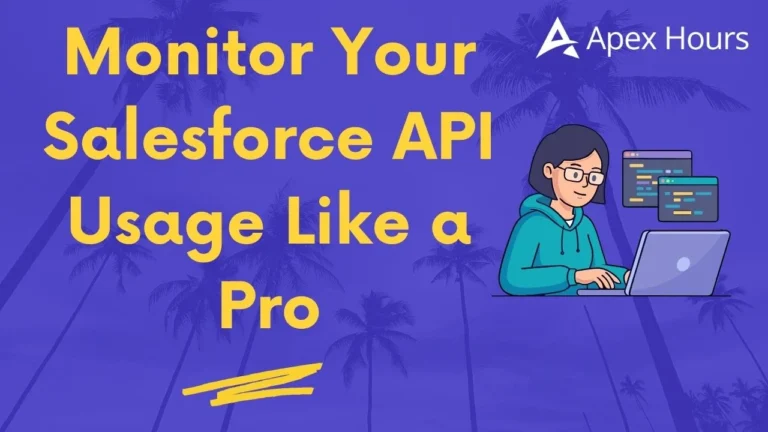
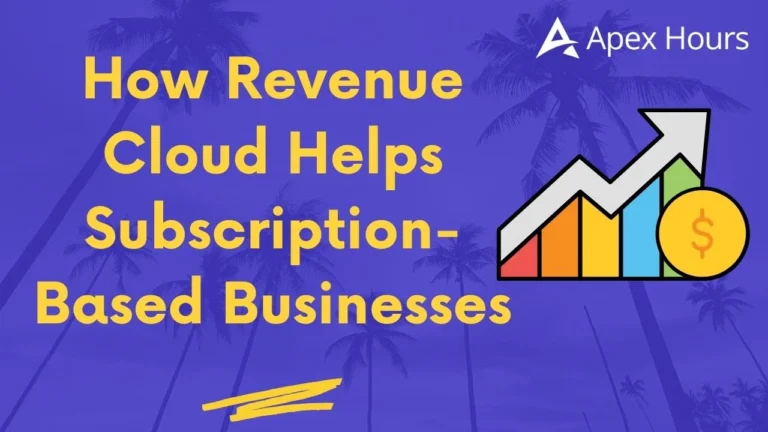

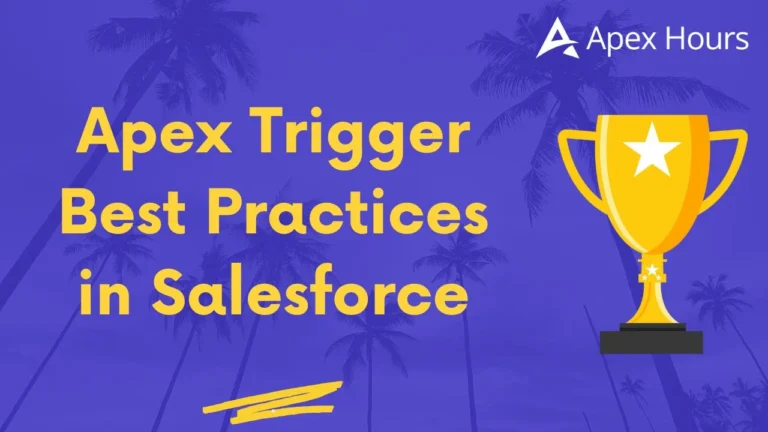
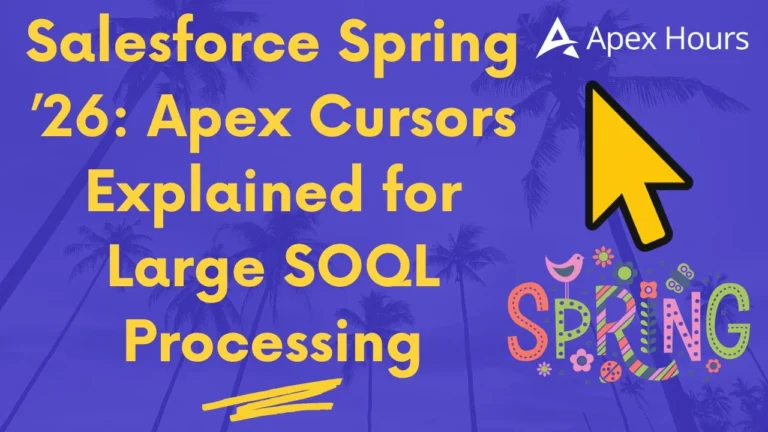

very good article ..brushed up some basics skills
Great article! I wonder who was the person giving such names, like camel, pascal, kebab and snake 🙂
ASD
When i see something with Service suffix, like UserService in example, i always want to ask, what does UserService do? Everything related to user? What if there are ton of actions, which has its own dependencies? Event if there are only CRUD actions, they also could be complicated, divided into several private methods. So instead of having UserCreator, UserUpdater and other service classes, which names are very clear about what these classes do, we have UserService, which has very questionable naming and violates Single Responsibility principle. I would not advice anyone to stick with it.
Thanks for such a nice article to know the basic stuff in a detail manner
Glad you like this post.
Glad this helped you
Feels good that I follow these already! 🙂
Keep up the great work. Glad you like it
For class naming conventions in context of separation of concerns (SOC) arent we missing a convention for domain classes, selector classes, Interfaces and implementations?